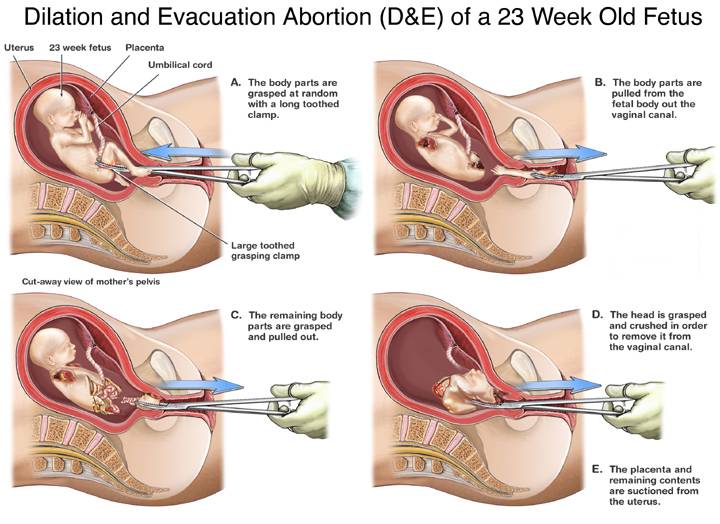The fight to protect unborn babies from brutal dismemberment abortions continues in Michigan.
On Monday, the state Bureau of Elections said the Michigan Values Life petition to end dismemberment abortions does not have enough valid signatures. It recommended that the Board of State Canvassers refuse to certify it.
The elections bureau recently reviewed a sample of 500 petition signatures after the Planned Parenthood abortion chain sued to challenge the voter initiative earlier this month.
The petition needs at least 340,047 valid voter signatures to qualify for the November ballot. It would allow voters to decide if the state should ban dismemberment abortions, a common second trimester abortion procedure that involves tearing unborn babies limb from limb while their hearts are still beating.
The Michigan Values Life coalition submitted 379,418 signatures in December.
Bridge Michigan reports the elections bureau threw out 7,000 signatures because they did not meet state requirements. Then, when it analyzed a 500-signature sample, it found that 54 were invalid, according to the bureau. Reasons for throwing out signatures include duplicates, ripped or torn sheets, date errors, and voters from multiple jurisdictions on a single petition sheet.
If the percent carries across the total, there would be 40,291 invalid signatures — 7,276 short of the requirement, according to the report.
Pro-life leaders remain hopeful that the Michigan Board of State Canvassers, which has the final say on the petition, will approve it.
Genevieve Marnon, legislative director for Right to Life of Michigan, told Bridge that one of the rejected signatures came from a man with Parkinson’s disease because of “sloppy handwriting” that led to a mis-identification of his residence.
Keep up with the latest pro-life news and information on Twitter. Follow @LifeNewsHQ
“That’s the kind of stuff that’s very frustrating,” Marnon said. “It’s disenfranchising to have all these voters whose voices aren’t going to be heard because it comes down to a couple signatures of those 380,000.”
Michigan Advance reports more:
On June 1, the Coalition to Protect Access to Care (CPAC), a ballot committee formed by Planned Parenthood Advocates of Michigan, filed a complaint stating that 65 of the 500 signatures used in its sample were invalid.
Of these, BOE staff rejected 20 of the challenges made by CPAC and another 24 of the challenges coincided with staff findings, but 22 of the challenges were accepted.
Michigan Values Life attempted to rebut eight of the challenged signatures and one sampled signature that was not challenged. However, the BOE only accepted two rebuttals.
Right to Life of Michigan President Barbara Listing said they are disappointed, but they have not given up hope.
“We’re going to take our case to the Board of State Canvassers, which has the final say,” Listing said. “This petition drive has been one uphill battle after another for more than a year now, but the fight is not over. Of the signatures challenged by Planned Parenthood, we submitted enough counter challenges for a larger sample to be pulled to check our petition drive’s accuracy.”
The Board of State Canvassers is scheduled to meet Thursday.
A dismemberment abortion, or dilation and evacuation (D&E), is a procedure in which the abortionist dilates the woman’s cervix and then uses steel instruments to dismember and extract the baby from the uterus while his or her heart is still beating.
Dismemberment is a common second-trimester abortion method. In the second trimester, unborn babies are nearly fully formed, and strong scientific evidence indicates they can feel pain.
In 2018, the Michigan Department of Health and Human Services reported 1,908 dilation and evacuation abortions.
Eleven states have passed laws to ban dismemberment abortions: Ohio, Kansas, Oklahoma, West Virginia, Mississippi, Alabama, Louisiana, Arkansas, Texas, Kentucky and North Dakota. However, a federal court blocked the Kentucky law earlier this month.








